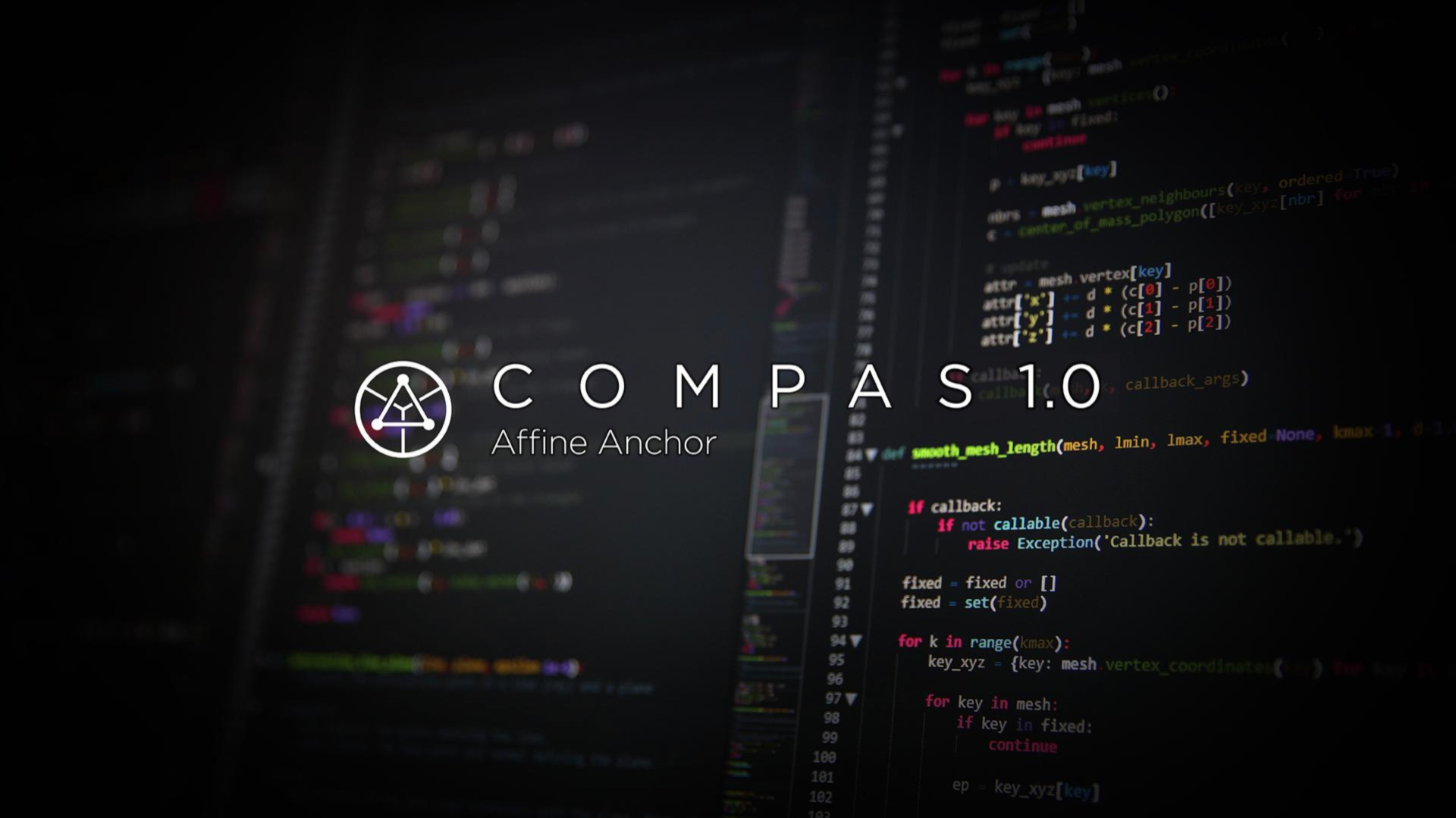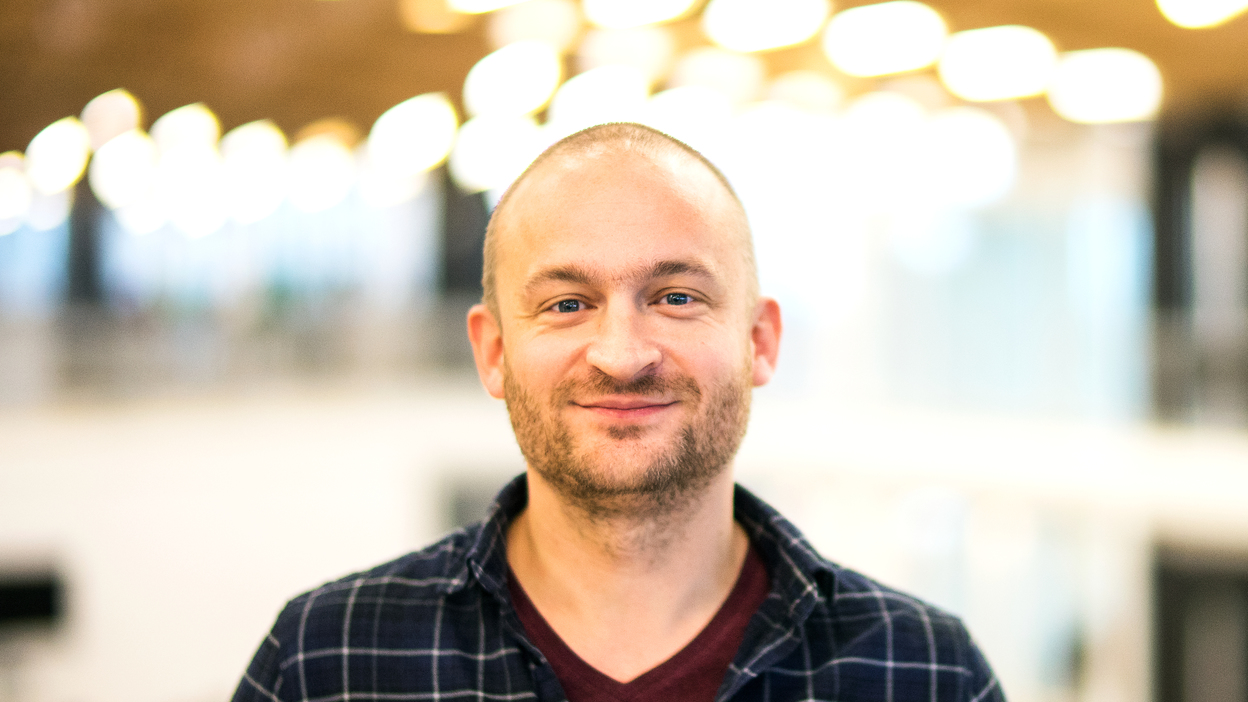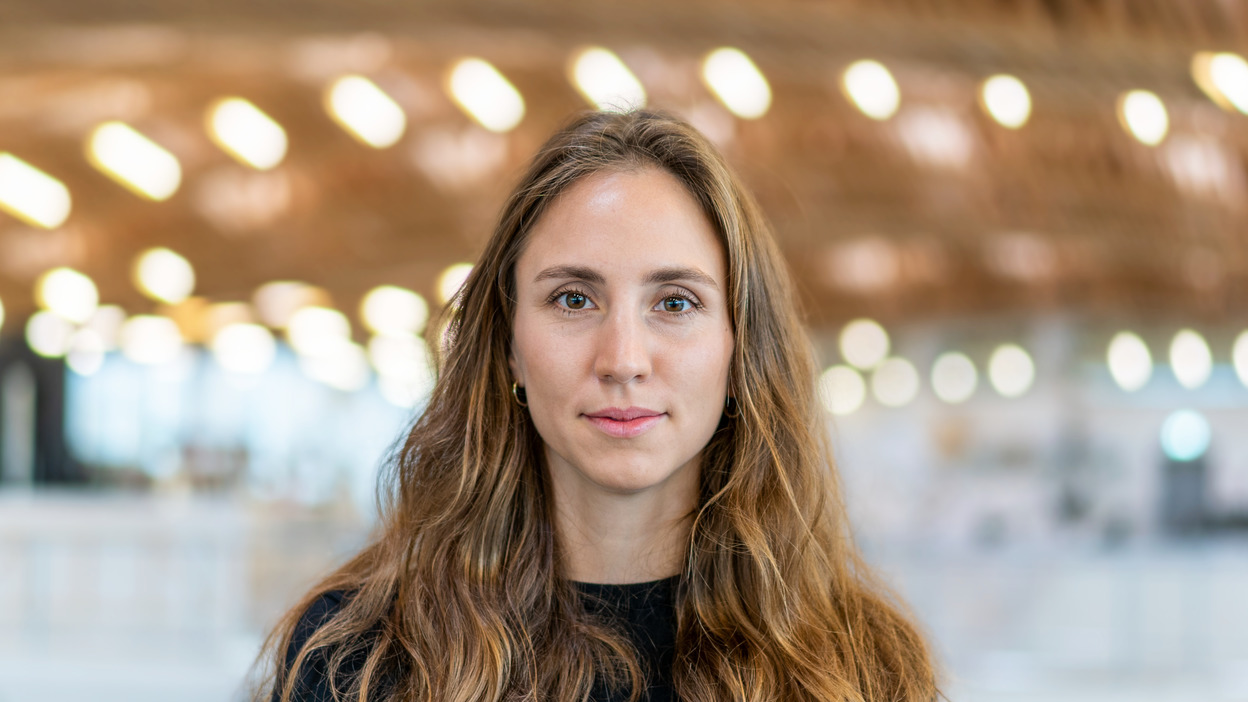Workshop #8 – COMPAS – A framework for computational research in architecture and structures
Workshop #8 – COMPAS – A framework for computational research in architecture and structures
Digital Fabrication in the Architecture, Engineering and Construction industry, requires the combination of various toolchains and software platforms, across the boundaries of multiple scientific (, socio-economic) and technological domains, into efficient pipelines for integrated computational development and project delivery. Over the past 6 years, the NCCR Digital Fabrication at ETH Zurich has greatly invested in the development of COMPAS, a comprehensive open-source computational framework written in Python, that aims at streamlining these multi-disciplinary workflows and the integration of state-of-the-art tooling to simplify their adoption by architects, designers and researchers from within parametric design environments.
In this 1-day workshop, Tom Van Mele and Lotte (Aldinger) Scheder-Bieschin of Block Research Group and Gonzalo Casas of Gramazio Kohler Research will introduce participants to COMPAS by providing an overview of the functionality of the core framework, the extension packages, the UI system, and its relation to CAD software. Together with the participants they will then step-by-step explore an example application focused on the modelling, equilibrium analysis, and robotic fabrication of a discrete assembly.
By the end of this workshop, participants will be able to:
- Use the geometry kernel and core data structures of COMPAS.
- Exchange data between different processes, plugins and tools.
- Design a simple discrete element model, identify the interfaces between the blocks, and manage block interactions with a specialised data structure.
- Calculate the required conditions for equilibrium.
- Analyse and explain the kinematic structure of a robot model (Links, Joints, Joint Types, URDF description format).
- Describe and discuss building blocks of robotics (forward and inverse kinematics, cartesian and kinematic planning, planning scene).
- Apply building blocks of robotics to plan stereotypical assembly processes (e.g. brick laying) in a simulation context.
Please note:
All participants:
- must bring their own computer
- should review the COMPAS information at https://compas.dev/index.html
- should review the tutorial at: https://compas.dev/compas/latest/tutorial.html



